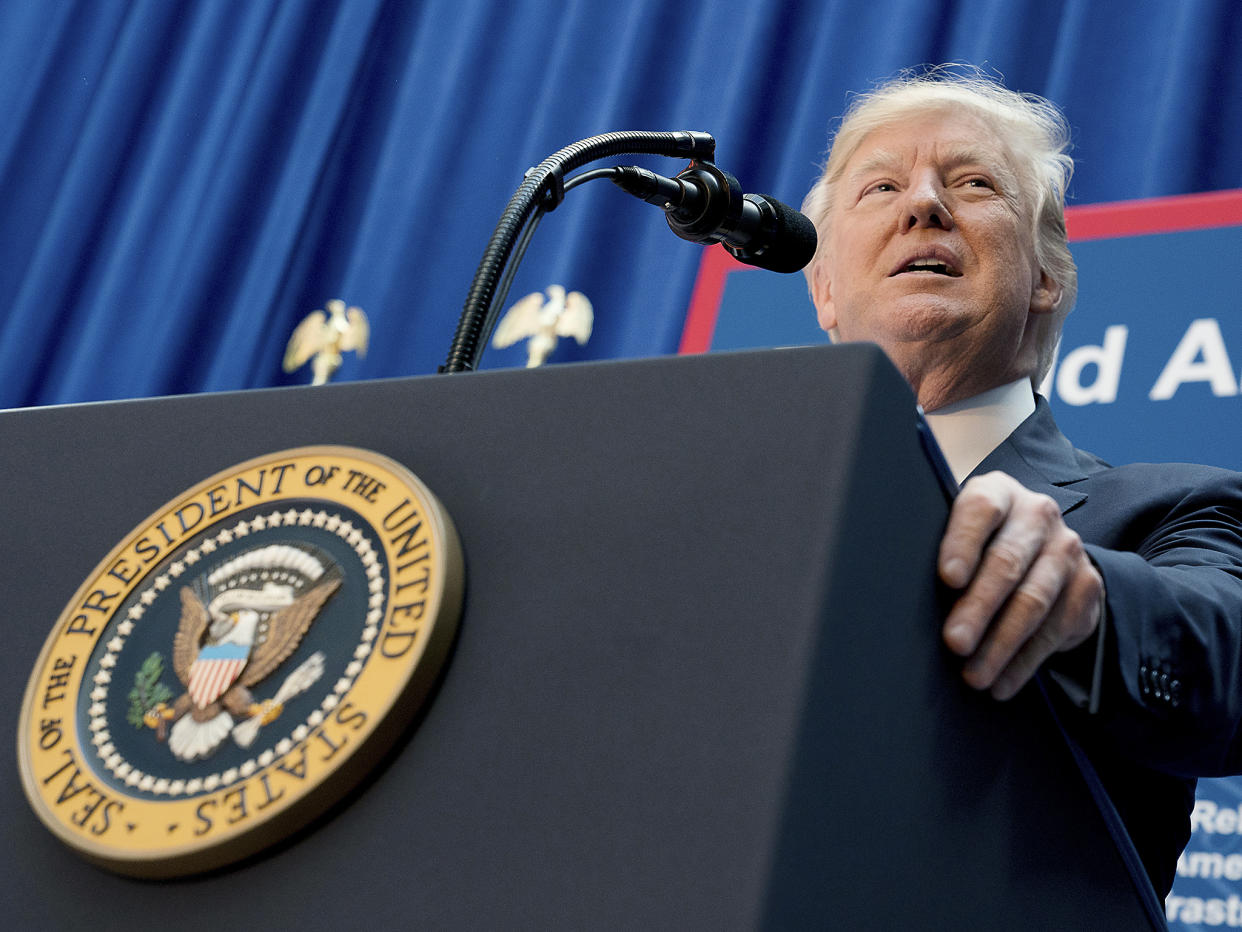Donald Trump to restrict Cuba travel and trade in latest Obama rollback

American travellers hoping to take a trip to Cuba are going to have a difficult time doing so going forward, roughly a year after airlines opened up commercial flight routes to Havana.
That’s because President Donald Trump, making good on a 2016 campaign promise, is expected to announce Friday a review and overhaul of US-Cuba policy unveiled by Barack Obama in 2015.
The changes will include rolling back provisions that made it easier for individual Americans to travel to Havana, and American companies who made investments in the country in the past couple of years may see regulatory changes as well, senior White House officials told reporters during a conference call.
American tourist travel was never technically speaking legal, and the White House says that they are generally making changes to travel categories so that it will be harder to abuse loopholes to go do things like hang out on Cuban beaches. Family travel will still be legal alongside other categories like permissions for journalism travel to the island nation. The US wet foot dry foot policy to protect Cuban refugees who land on American shores will not be altered.
The White House says that the revised regulations will send a strong human rights message to Cuban President Raul Castro, and that the Cuban government will be able to negotiate with Washington to ease regulations should it choose to. The embassies opened during the Obama administration will not be closed, and diplomatic relations won’t be changed significantly under the new policy.
The primary goal, according to the White House, is to push the Cuban government to adopt stronger human rights protections, to release political prisoners, and to ensure that any economic advancement benefits the Cuban people instead of the military. A main concern is that Mr Obama’s White House made it too easy for money spent by American companies and individuals to flow to Cuban government sources instead of benefiting regular Cubans.
What specific changes the Cuban government would have to make to their human rights approach in order to begin loosening relations again was not made clear. Cuba will also not be reclassified as a state sponsor of terrorism under the new policy.
When asked why the administration is setting up stricter regulations on trade and travel with Cuba over human rights after visiting Saudi Arabia during Mr Trump’s first official visit abroad, White House officials said that the administration plans on fighting for human rights. Saudi Arabia, like Cuba, is well known for human rights abuses.
The White House has been working on the Cuba announcement since February, when the President instructed his national security advisor to start an interagency review. The review included several interested parties including the Treasury Department, the State Department, the Department of Commerce, the Department of Agriculture, and the Department of Transportation.
Members of Congress were also consulted, and the White House said that Democrats were included in that effort. Florida Senator Marco Rubio, who campaigned viciously against Mr Trump during last year’s Republican primary, played a central role in the drafting of new Cuba policy.

